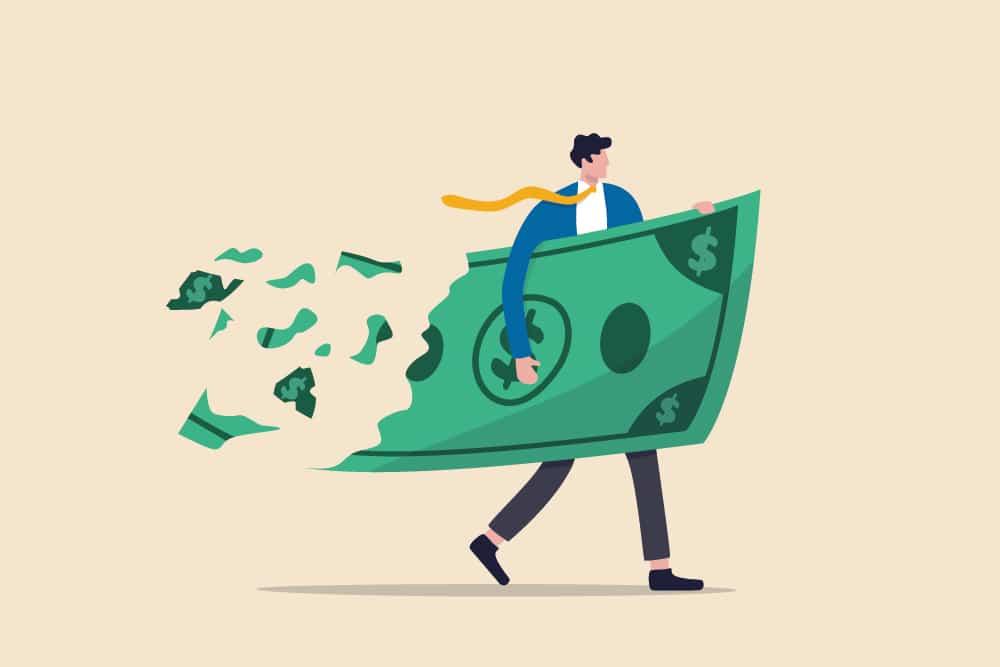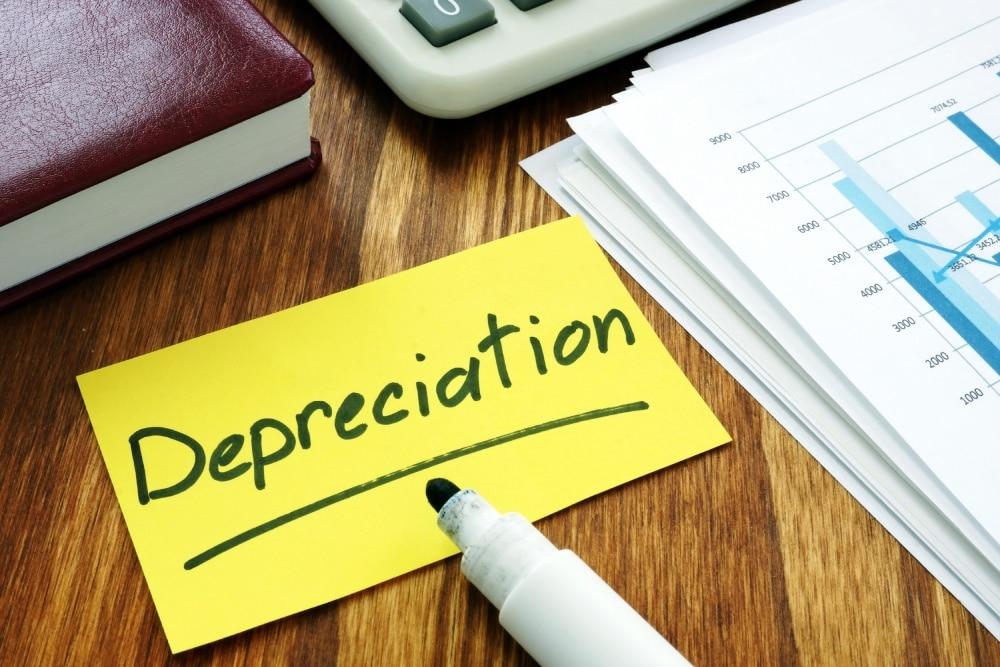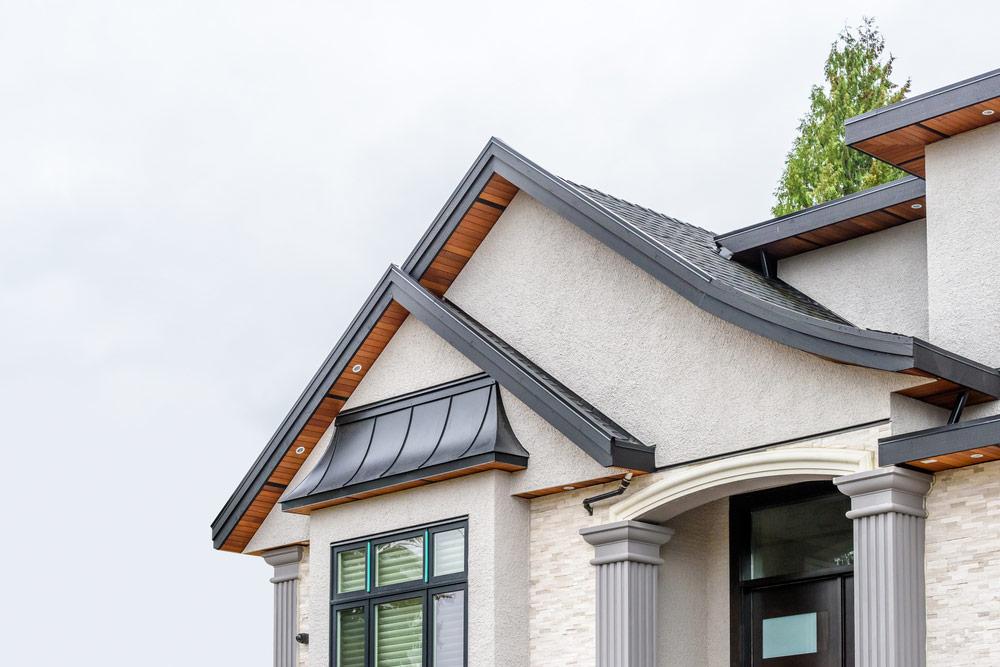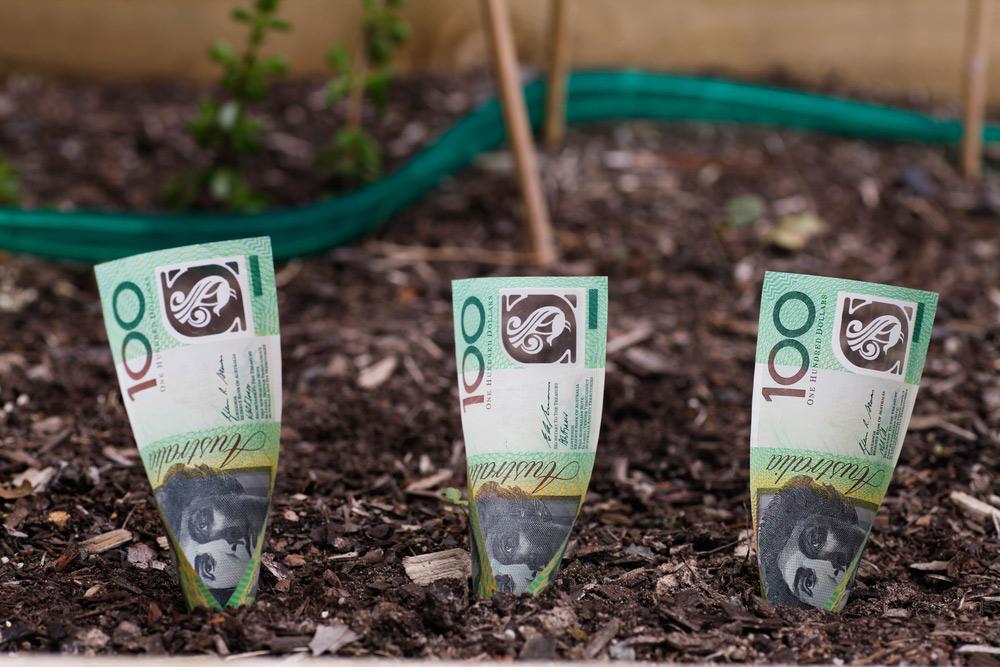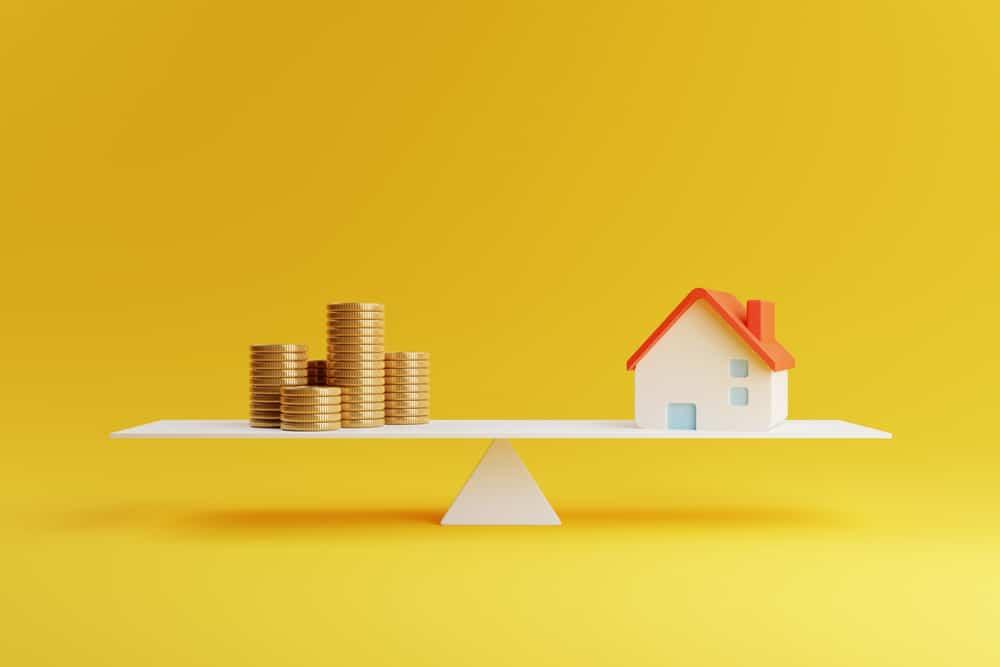
Property Cash Flow Basics For Creating Passive Income
Buying real estate is similar to running a business – good performance is derived from your ability to generate cash flow.
For a property investor, this means eventually living off the passive income that your real estate generates. Therefore, it is especially important that you map out your ability to build a portfolio that will deliberately achieve this level of success from the get-go. Because let’s be honest, we’re not going to be able to rely on a pension in later years to give us the basic security we want or need.
The good news is, we don’t have to take huge risks to get a sensible return; after all, you can get home loans well below three per cent and easily find a six per cent return. What this means is your real estate ownership is completely covered by the tenant’s rent without you having to dip into your own pockets.
CASH FLOW BASICS
Let us start with some cash flow basics.
There are three parts to the cash flow riddle: your wage, the taxman, and your tenant. If your tenant can pay the rent and it covers your mortgage, you are doing well.
Your own cash flow is freed up, so you are not constantly forking out to hold your property. The longer you own real estate the more likely this is to occur.
Having a combination strategy that includes both cash flow and capital growth will provide you with serviceability and equity as a borrower, and will allow you to continue to move forward, so focusing only on yield is a flawed approach.
Equity and servicing allow you to buy more properties, borrow more money and keep building your wealth.
POSITIVE AND NEGATIVE
Often investors hear the terms ‘positively geared’ or ‘positive cash flow’ but are not sure exactly what they mean.
The easiest way to understand these terms is that positively geared properties occur when the rental return and tax breaks cover your loan repayments and outgoings, leaving your wage or income unaffected.
Positive cash flow properties are self-funding, and you do not need your tax deductions or your wage as the rent pays for everything.
Conversely, negatively geared properties occur when the rental return and tax deductions are less than your loan repayments and outgoings, placing you in an income loss position on the property.
There is, however, the underlying expectation that the accumulated losses will be more than offset by the capital growth on the property. In this circumstance, the rental return is not considered as important in the decision process, and you should also have a wage that you are happy to access to help cover the mortgage.
Many people today find the right negatively geared property and ownership may only cost $50 per week.
The key benefit associated with negative gearing is that the loss attributed with ownership of the property can be offset against other income earned, reducing your assessable tax income, thereby reducing your tax payable.
The result is that the cost of owning the property is being funded by your tenant (in the form of rent), the Tax Office (in the form of tax savings) and your surplus cash flow.
Ultimately, most investors will aim to be positively geared in the long run. As your rents increase and debt on your property drops, you can even begin to replace your wage with rental income.
FIND THE BEST RENTS
I recently had two clients buy a property on the same street. My first client paid about $600,000 and bought a high-pedigree piece of real estate and received $700 per week in rent, which is a pleasing return.
My other client decided to pay less and bought an inferior property with inferior inclusions for $550,000, believing they were getting better value given the $50,000 price difference but not realising the fixtures, fittings and design matters in real estate to renters.
My second client is now only getting $450 per week. The difference in rent is huge. Yes, they were comparable properties in terms of price range, but one was superior and true value for money, while the other fell into the cheap category and is now in a race to the bottom.
The superior rent allows that client to pay off debt faster and fast track their wealth creation.
ESTABLISH YOUR CASH FLOW PLAN TODAY
Moral of the story? Cash-flow is king when it comes to being a successful property investor. Learn how to build a strong and profitable property portfolio by mapping out a clear cash-flow pathway at our free property investing seminar.
Our expert coaches will explain all the components required to create a strategic and robust property plan so you can move forward fast.
Register now for the free property investor webinar
By Sam Saggers
Recent Articles
3 Ways a Property Investor Will LOSE Money!
There are many ways you can win big by investing in real estate. Equally, if you lose sight of the basics, you’ll end up losing something much worse – money! No one sets out on their property journey to go backwards financially, so take note of these three common mistakes that investors often make, because if you don’t, it may cost you in the long run. Here are 3 ways an investor can lose money…
An Investor’s Guide to Multi-Income Properties
When it comes to building a booming property portfolio, diversity is key! There are four primary multi-income types that Australian investors can buy at the moment.
How Property Investors Can Reduce Tax Down To Zero!
Those who own real estate are subject to many, different kinds of tax. Some tax is unavoidable. Other kinds of tax are legally, 100% avoidable – or at least able to be reduced substantially. With the Victorian government recently announcing a rise in the land tax threshold it’s even more important that property investors know where they can and should minimise the tax they pay.
A Property Investor’s Guide To Depreciation
Every smart property investor knows that to create and maintain a portfolio, we need to have good cash flow. One of the ways we can support this is by using depreciation and tax. But, just like equity, depreciation only works for us if we know how to access and then leverage it.
A Property Investors Guide To Guaranteed Rental Increases
Rent is your weekly or monthly incomes from your property. And it’s an income you don’t work for. It’s the absolute key to good cash flow and passive income, so it’s essential you are able to keep raising your rents at regular intervals. But, what makes it possible for property investors to do this?
The Only Time You Should Sell An Investment Property
The golden rule of property investing is to buy well and NEVER SELL. However, there are always exceptions to the rule… Firstly, let’s look at why you would keep an investment property? If you buy a great piece of real estate, in the right location, it will always create a passive income for you, so there will be no reason to sell it.
House vs Apartment – Which Is Better for Capital Growth?
Many property investors favour one type of property – either apartments or houses. While there are pros and cons to both, which we will discuss here, one of the often forgotten advantages of houses is the investment you’re making not only in the bricks, but also in the land. Land value in itself increases over time, and investment in a piece of land also provides opportunity to renovate, subdivide and develop, all of which lead to greater capital growth.
Use Equity To Create Cashflow in 4 Simple Steps!
Equity is an interesting topic when it comes to real estate. Smart property investors know that equity can play a key part in creating passive income that accumulates over time, allowing us to eventually work less and ultimately do more of what we love. But in order to be able to use equity to create passive income, there are some important steps property investors need to take right at the beginning of their journey.
Economy Bounce-back Better Than Expected, What Investors Need To Know
Bouncing back much faster – and stronger – than predicted post-COVID, the Reserve Bank of Australia (RBA) is anticipating a good end to 2021, and a great 2022. But with so much uncertainty over the last 12 months, it’s hard to know if this economy is here to stay, and if so, how it will impact property investors in the long-run.




